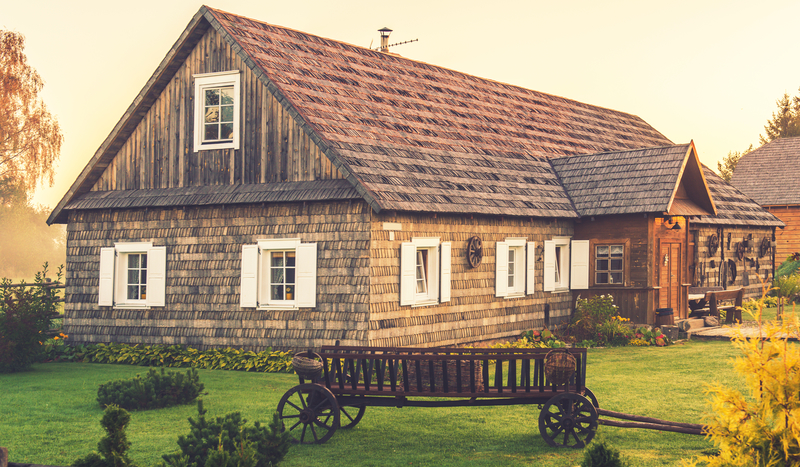Moving off-grid is exciting – and can be scary.
Here are three basic lessons you should know going in.
1. It Should Work
Before moving off-grid, I assumed it’d be hard. We would constantly be without power. Things wouldn’t work. We’d have to give up all our modern conveniences. Solar systems must be inherently unreliable, or everyone would live off-grid, right? Wrong.
In a properly designed solar system, everything should work seamlessly. Checks and balances control the charge rate of the batteries, and if you invest in a backup generator, it’s easy to wire it to automatically top off the batteries during extended cloudy periods. Other than the lack of electrical lines coming into your house, no one should be able to tell that you’re off-grid.
2. Too Much Electricity is More Common Than Not Enough
Vermont’s not exactly known for its long days or short winters. Our growing season is a painfully short 90 to 100 days, and snow in early June isn’t that uncommon. People constantly ask, what do you do for power in winter? A better question is actually how do we make good use of excess electricity in the spring, summer, and fall.
Even in our northern climate, from mid-February to mid-November, a full 9 months, we have a glut of free electricity. Most days, batteries are fully charged by 10 am and all the energy hitting the panels after that in the peak of the afternoon is wasted unless you have a strategy to make good use of it.
3. Direct Current (DC) Appliances Can Get You Through Tough Times
There are two commonly used types of electricity available: alternating current (AC) and direct current (DC). The standard wall plug in an on-grid home supplies AC electric because it’s the form that transports well over long distances in power lines. Solar panels generate DC electricity to charge batteries, but before you can use it to power standard plug-in appliances, it has to be converted to AC electric.
With off-grid living increasing in popularity, DC appliances are not only available, they’re also surprisingly affordable. A number of suppliers make super efficient DC refrigerators and freezers that are designed to last a lifetime. DC lighting systems are used on boats and RV’s as well as in off-grid setups, so they’re even easier to come by.
Overcoming natural fear and worry about the unknown is key to making the most of your off grid opportunities.
Learning from others’ experiences and yes, mistakes and failures are one way of doing that – before you make the same mistakes!
To learn other lessons about off grid living, please visit the Homestead Survival Site.
